13 Common Gadgets in Your Home That Might Be Watching or Listening Right Now
Smart devices are supposed to make life easier, but some could be doing more than expected. A deep dive investigation by the Which? website found that certain air fryers, smartwatches, speakers, and TVs gather detailed user data, sometimes with limited transparency and questionable privacy policies. Here’s what they uncovered.
Aigostar Smart Air Fryer
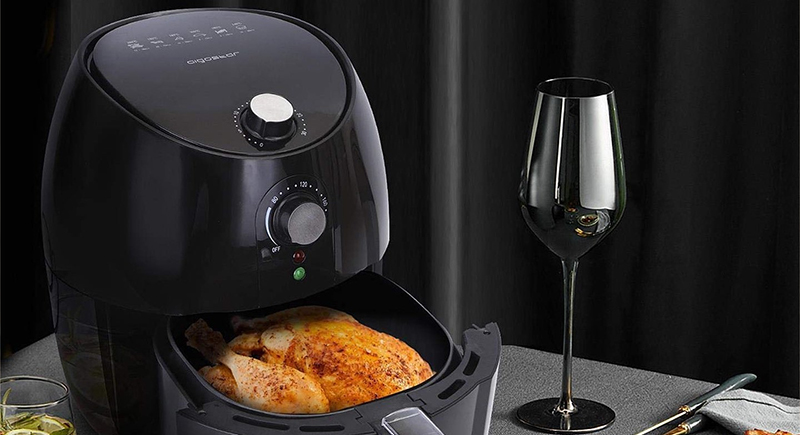
Credit: Instagram
According to Which?, when setting up the Aigostar smart air fryer, users must enter their gender and date of birth. This device also sends data to servers in China, a detail included in the privacy policy but likely unnoticed by many. It requests excessive permissions for an appliance that only cooks food.
Xiaomi Mi Smart Air Fryer

Credit: Instagram
Considering that it’s linked to major data trackers like Facebook, Tencent, and Pangle, Xiaomi’s air fryer goes beyond meal prep. It asks for location access and permission to record audio via the Xiaomi Home app. While Xiaomi insists that mic access doesn’t apply to this model, the request still appears during installation.
Cosori CAF-LI401S Air Fryer
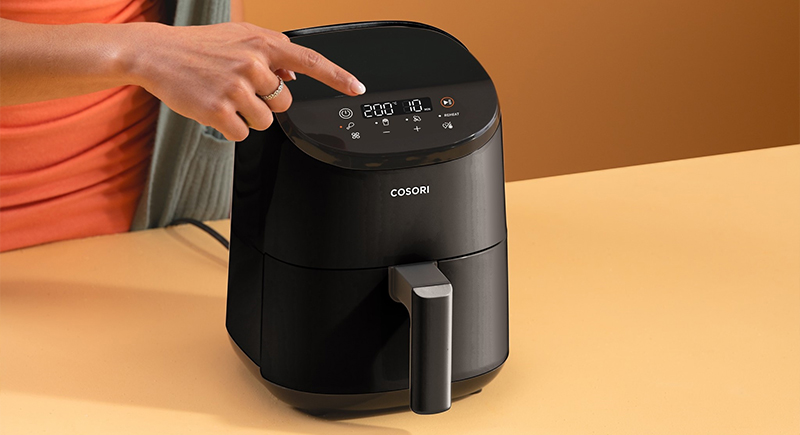
Credit: Instagram
Cosori’s Wi-Fi-enabled fryer also tracks location and sends data to remote servers. The company claims to follow GDPR rules, but GDPR doesn’t apply in the U.S. without equivalents, such as CCPA or user-driven opt-ins. This fryer wants more data than most people are comfortable sharing with a kitchen appliance.
Huawei Smartwatch Ultimate
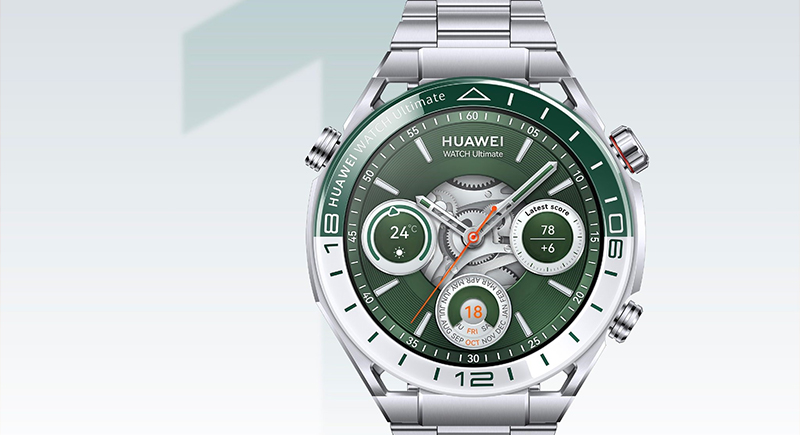
Credit: Instagram
Nine different risky permissions are requested, including audio recording, GPS location, and access to your phone’s files. Huawei claims this is designed to aid in health tracking. But when a fitness watch knows everything from your heartbeat to your home address, it stops feeling like just a wearable and more like surveillance gear.
Kuzil Smartwatch
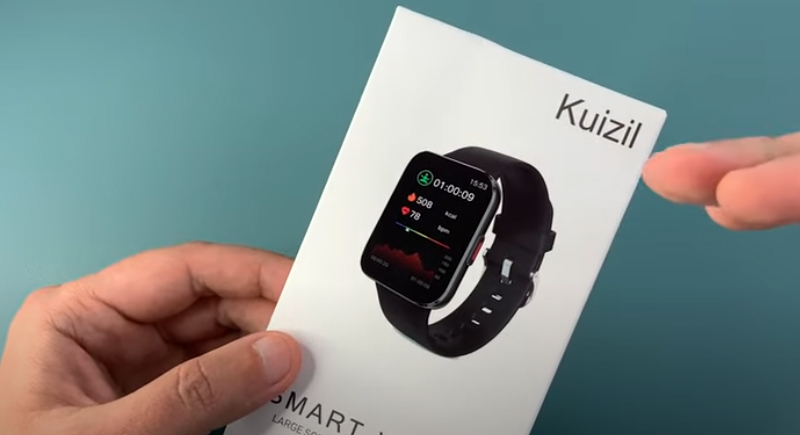
Credit: Youtube
Kuzil watches lack information about security updates and stop functioning fully if permission requests are declined. They’re sold on Amazon and operate more like generic rebrands than regulated devices. Refusing data permissions turns them into dumb watches with no app, syncing, or features.
WeurGhy Smartwatch
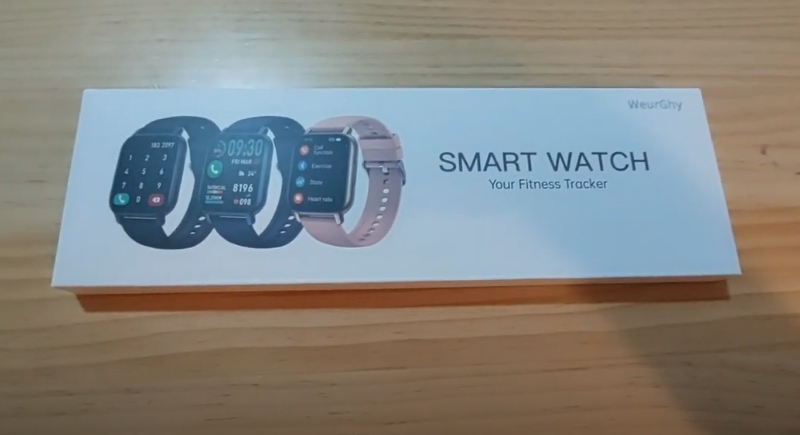
Credit: Youtube
Identical to Kuzil in both function and form, this watch can’t function properly unless you accept every privacy-invading permission. Which? couldn’t find any support page or details about firmware updates. These look like quick-sell gadgets with little to no privacy guarantees, especially since the maker couldn’t be reached.
Hisense 40A4KTUK Smart TV
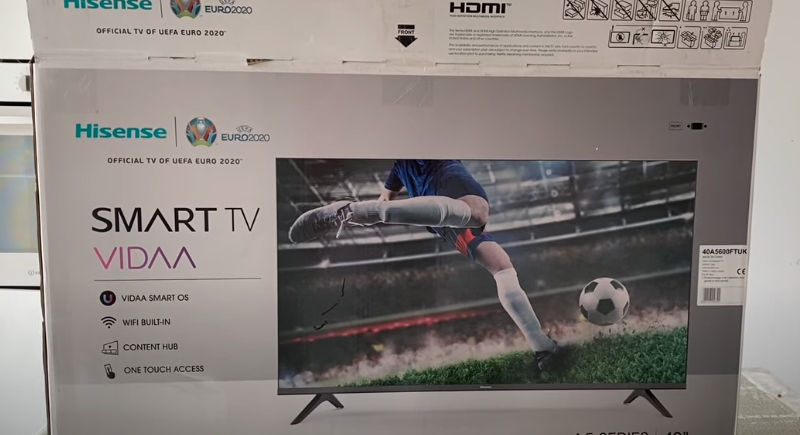
Credit: Youtube
Though it doesn’t appear to use trackers, Hisense asks for your full postcode during setup. The company claims this helps tailor local content, but there’s no reason why that should be mandatory. It’s the only TV in the group not caught using third-party trackers, which helps its privacy score.
Samsung EU43CU7100KXXU TV
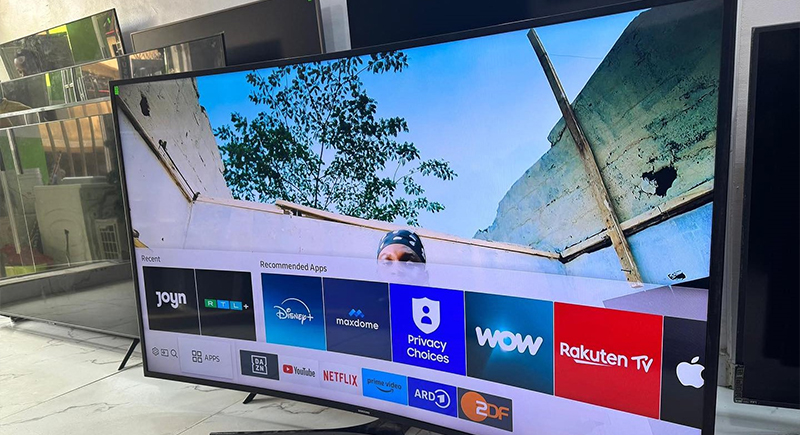
Credit: Instagram
Samsung’s TV requests eight high-risk phone permissions via the app, including viewing all other apps on your device. Facebook and Google trackers were embedded. Samsung said users can manage what’s shared, but that only helps if they know where to look.
Amazon Echo Pop
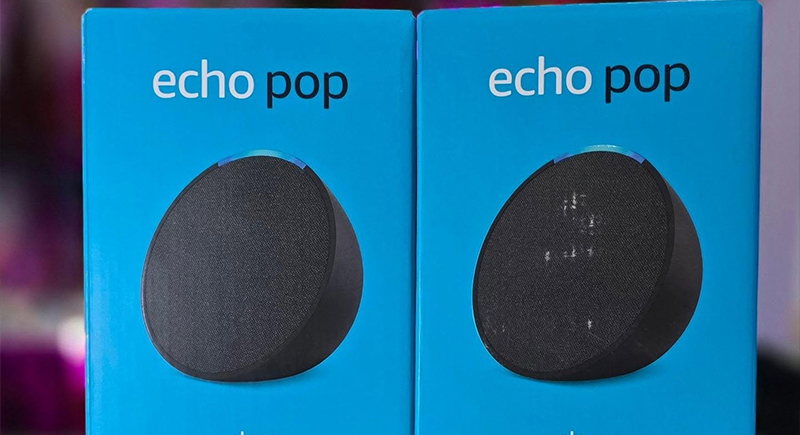
Credit: Instagram
The Echo Pop gives options to skip sharing certain types of data during setup, which isn’t common. However, using the device still requires an Amazon account, which includes its built-in trackers. Voice recordings can be managed and deleted, but that’s only if users take the time to tweak the settings.
Google Nest Mini (2nd Gen)
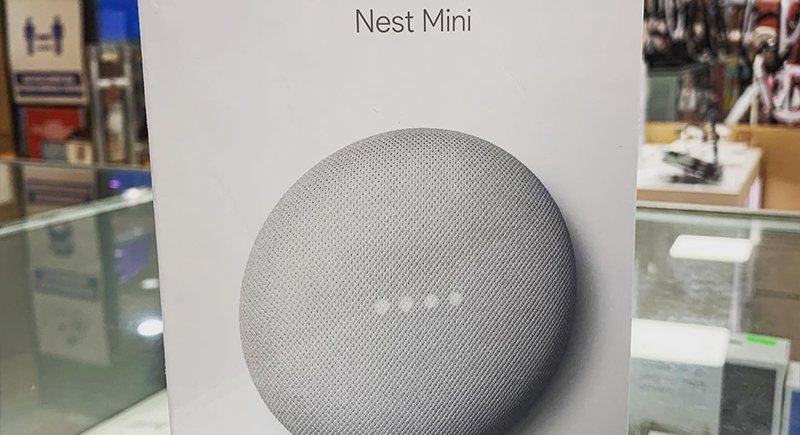
Credit: Instagram
You’ll need a Google account to use the Nest Mini, and there’s no easy way to say no to tracking. Google claims users can activate Guest Mode for more privacy, but it’s not turned on by default. This means audio data and usage habits are collected unless you dig into the settings.
Bose Portable Home Speaker
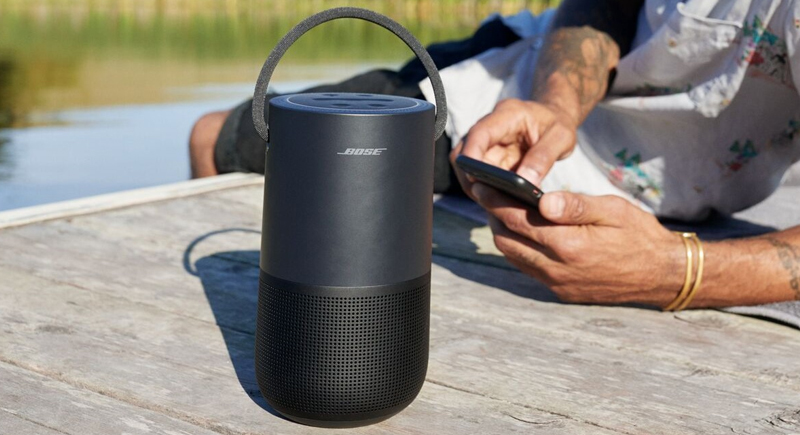
Credit: Instagram
While it collects fewer upfront permissions than its competitors, this speaker is still full of trackers, including Urban Airship, Facebook, and Google. Bose didn’t secure user consent as clearly as expected, which hurt its overall privacy score. Just using the app might share more data with ad networks than you’d ever guess.
Xiaomi Home App

Credit: Youtube
Even outside of the air fryer, the Xiaomi Home app itself includes aggressive trackers. Pangle and Tencent connections appear depending on your region. Permissions include microphone access even when voice features aren’t in use. Xiaomi’s privacy explanations mention data sharing but don’t highlight just how invasive some of these permissions can be.
Smart Light Bulbs
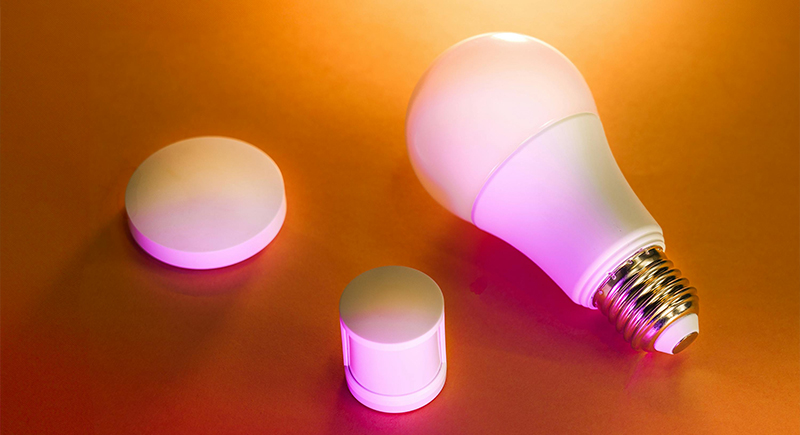
Credit: pexels
Budget smart bulbs from brands like Gosund and Nooie have been flagged by Mozilla’s Privacy Not Included guide for collecting more data than necessary. Some require location access just to turn lights on and off. Worse, their companion apps often include multiple third-party trackers and don’t disclose how long updates will keep your data protected.
LG 43UR78006LK TV
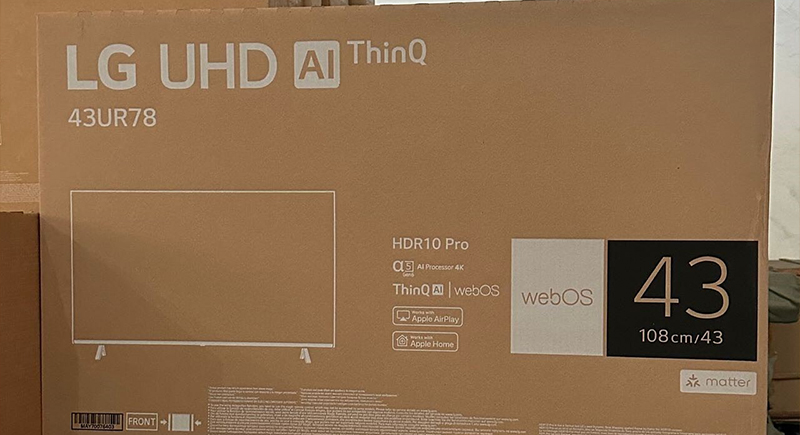
Credit: Instagram
Although entering a postcode isn’t mandatory, LG still links to several trackers like Facebook and Google. The brand declined to comment when asked about its data policies. Researchers highlighted that smart TVs like this display more ads than expected and use personal information to customize the ads shown.
Smart Baby Monitors
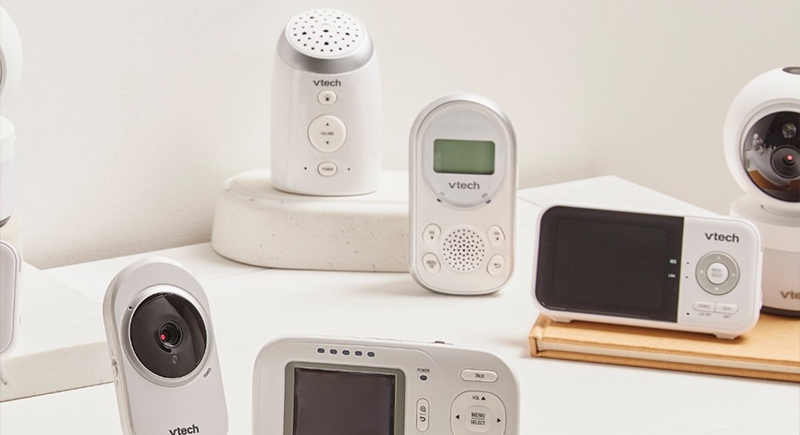
Credit: Instagram
Several internet-connected baby monitors, such as those from VTech and iBaby, have been exposed in security audits for weak passwords, unencrypted video feeds, and open cloud access. A 2023 Consumer Reports study found hackers could stream live footage in some cases. Many brands also fail to explain clearly how long user recordings are stored on remote servers.